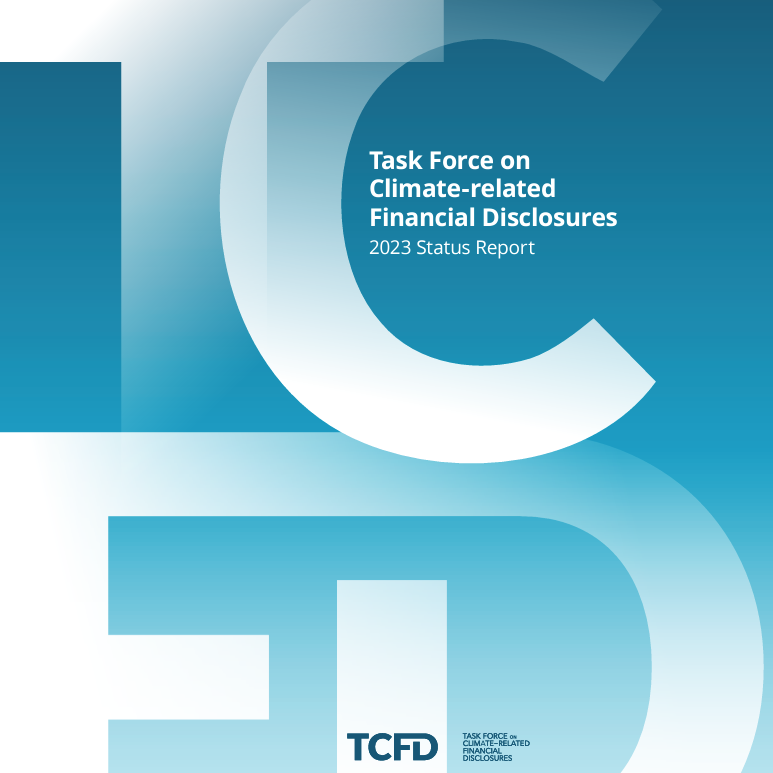The GHG Protocol’s Role in Meeting GHG Reporting Requirements
/Many evolving sustainability reporting requirements drive GHG reporting, but the GHG Protocol generally underpins all regulatory requirements. The key word here is “interoperability” meaning that if you disclose using the GHG Protocol, you are off to a great start for meeting nuanced jurisdictional or regulatory needs. Read this article to learn how the GHG Protocol integrates with mandatory emissions reporting.
Read More




















